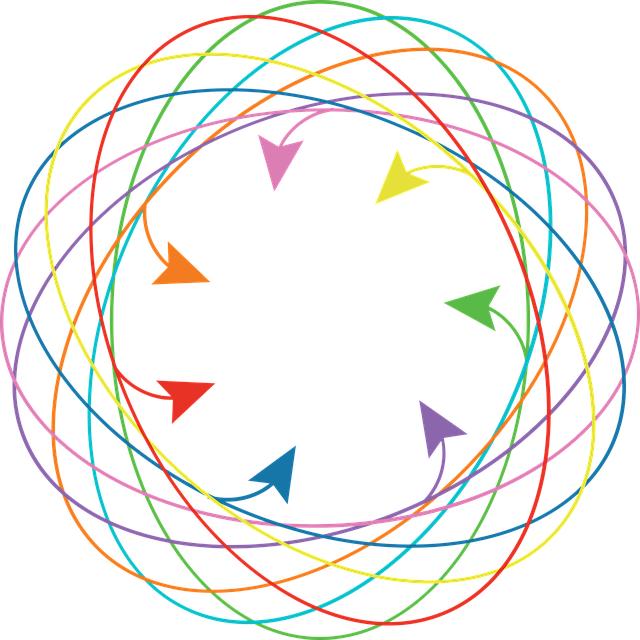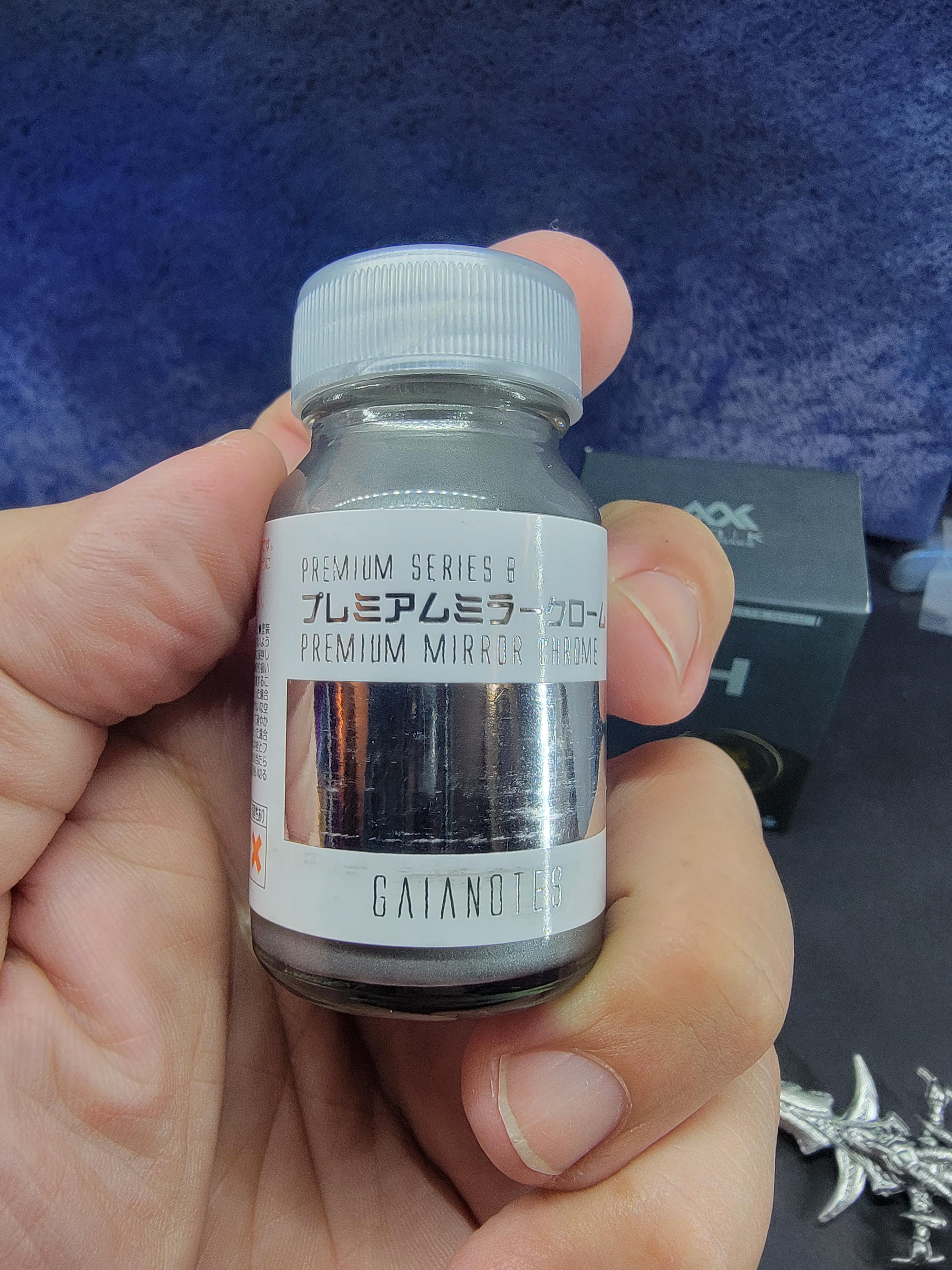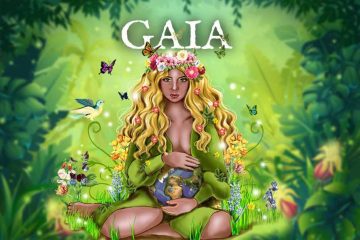Table of Contents
- Exploring the Origins and Philosophy of Gaia Notes
- Essential Features That Make Gaia Notes Stand Out
- Practical Tips for Maximizing Your Gaia Notes Experience
- Integrating Gaia Notes into Your Daily Routine
- A Comparative Look at Gaia Notes and Other Digital Journaling Solutions
- Q&A
- Closing Remarks
Exploring the Origins and Philosophy of Gaia Notes
The concept of Gaia Notes is deeply rooted in ecological principles. It draws inspiration from the Gaia Hypothesis, which proposes that the Earth functions as a self-regulating system. This philosophical outlook emphasizes the interconnectedness of all living beings and their environments, promoting a sense of responsibility towards nature. As we explore the origins of Gaia Notes, it becomes clear that its creators aimed to create a platform that encapsulates this holistic view, allowing users to contribute their experiences, insights, and observations about their natural surroundings.
At the heart of Gaia Notes lies a commitment to understanding and documenting local ecosystems. This initiative encourages individuals to become active participants in observing and recording biodiversity, fostering a global community engaged in environmental stewardship. Users can share data points, such as species sightings, weather patterns, and habitat conditions, facilitating a rich tapestry of information that can help inform conservation efforts. The integration of technology with grassroots participation represents a modern approach to old wisdom, showing how collective knowledge can influence decision-making in environmental policy.
With a focus on education and empowerment, Gaia Notes serves as an accessible tool for both enthusiasts and professionals in environmental fields. Its core philosophy advocates for sustainability, promoting practices that protect and preserve natural resources. This initiative not only nurtures awareness but also inspires action, empowering users to become advocates for their ecosystems. The cross-generational appeal of Gaia Notes underscores its mission to cultivate a deeper appreciation of nature among individuals of all ages, making ecological engagement a community norm rather than a solitary endeavor.

Essential Features That Make Gaia Notes Stand Out
The distinctive qualities of Gaia Notes make it a compelling option for anyone looking to enhance their note-taking experience. User-friendly interface is a hallmark feature of this application, designed to ensure that users can easily navigate between their notes and find what they need without any hassle. The application offers a clean and intuitive dashboard that minimizes distractions, allowing users to focus on their thoughts and ideas. Coupled with customizable templates, it presents an efficient way to structure notes according to personal preferences.
Another standout aspect is its robust collaboration tools. Gaia Notes seamlessly integrates sharing capabilities, permitting users to work together in real-time, regardless of their locations. This feature is perfect for teams or study groups that thrive on brainstorming and collective input. The comment and feedback system fosters engagement, enabling users to provide constructive criticism without leaving the app, ensuring that discussions flow freely and efficiently.
Moreover, the inclusion of powerful organization features sets Gaia Notes apart from the competition. Users benefit from tagging, color-coding, and nesting notes within folders to maintain order in their digital workspace. This capability simplifies retrieval and enhances overall productivity, as finding a specific note becomes a matter of just a few clicks. To illustrate this further, here’s how the organization features stack up:
| Feature | Benefit |
|---|---|
| Tagging | Easily categorize notes for quick access |
| Color-coding | Visually differentiate between topics and projects |
| Nesting | Group related notes for improved organization |

Practical Tips for Maximizing Your Gaia Notes Experience
To enhance your experience with Gaia Notes, start by exploring the interface thoroughly. Familiarize yourself with the different features available, such as tagging, folder organization, and search functionalities. Take advantage of customizable themes to create an environment that reflects your personal style and promotes productivity. A clean and organized interface helps you to stay focused and makes retrieving your notes easier.
Utilize the collaborative features Gaia Notes offers. Connect with peers or colleagues by sharing specific notes or entire folders. This allows for real-time collaboration, fostering an environment of shared knowledge. Consider setting up a dedicated workspace for group projects, where all participants can contribute, comment, and enhance each other’s notes, making the process more goal-oriented.
Lastly, make a habit of regularly reviewing and updating your notes. Set aside time each week to go back over your entries, refine your thoughts, and remove redundant information. Implement methodologies such as the Pomodoro Technique for focused note revision sessions. This can significantly improve retention and understanding. To help you organize your review schedule, consider the following simple table:
| Day | Task | Duration |
|---|---|---|
| Monday | Review lecture notes | 30 mins |
| Wednesday | Summarize key topics | 20 mins |
| Friday | Collaborate with peers | 60 mins |

Integrating Gaia Notes into Your Daily Routine
can transform how you manage your thoughts, ideas, and tasks. Start by setting aside a dedicated time each day—perhaps during your morning coffee or right before bed. Use this time to jot down insights, reflections, or any creative sparks that arise throughout your day. Consistency is key; over time, this practice can enhance clarity and mindfulness in your life.
To make the most of your Gaia Notes, consider utilizing various methods to organize your entries. Here are a few effective techniques:
- Thematic Journaling: Group your notes by themes such as personal growth, professional goals, or creative projects.
- Weekly Reviews: At the end of each week, revisit your notes to identify patterns or ideas worth pursuing further.
- Visual Mapping: Create mind maps to visually connect ideas and explore potential avenues for development.
Additionally, you can enhance your Gaia Notes experience by keeping a simple table to track your goals and progress. Below is an example of how you might structure this table within your notes:
| Goal | Action Steps | Deadline | Progress |
|---|---|---|---|
| Start a blog | Research topics, create a calendar | End of this month | On Track |
| Learn a new language | Enroll in a course, practice daily | 3 months | In Progress |
By incorporating these practices into your daily life, you’ll not only harness the power of Gaia Notes but also cultivate a deeper connection with your personal and professional development. Experiment with various strategies and find what resonates best with you, making adjustments as necessary to keep your routine fresh and engaging.

A Comparative Look at Gaia Notes and Other Digital Journaling Solutions
When comparing Gaia Notes to other digital journaling solutions, several unique features set it apart in a crowded market. For instance, Gaia Notes offers a seamless integration with various digital tools, making it easier to capture thoughts and ideas on-the-go. Users appreciate the intuitive interface that prioritizes user experience, allowing for easy navigation through different sections of their digital journals. The incorporation of multimedia elements—such as images, audio clips, and links—adds depth to entries, encouraging users to create richer narratives compared to traditional text-based journaling applications.
In terms of organization, Gaia Notes employs a tagging and categorization system that enhances searchability and accessibility. This system allows users to quickly locate past entries, which can be especially beneficial for those who often reflect on or revisit their earlier thoughts. Many competing applications focus solely on linear journaling, lacking robust organizational features. By contrast, Gaia Notes stands out with its customizable templates and organizational tools that adapt to each user’s unique journaling style, making it a versatile choice for various purposes—be it daily reflections, project planning, or creative writing.
While many digital journaling solutions provide basic functionalities, Gaia Notes takes a step further with its emphasis on community and collaboration. Users can opt to share certain entries or collections with friends or groups, fostering a sense of connection among journaling peers. Moreover, the platform frequently updates its features based on user feedback, ensuring it remains relevant in an evolving landscape. This level of engagement helps cultivate a loyal user base, setting Gaia Notes apart from alternatives that may neglect ongoing user input in their development cycles.
Q&A
Q&A: Understanding Gaia Notes
Q1: What are Gaia Notes? A: Gaia Notes are a unique concept that blends the principles of note-taking with the philosophy of interconnectedness. They serve as a tool for individuals to document their thoughts, ideas, and experiences while emphasizing the importance of our relationship with nature and the universe. Each note is not just a record but a reflection of how our inner thoughts resonate with the world around us.Q2: How can one effectively use Gaia Notes in daily life? A: To effectively use Gaia Notes, start by integrating mindfulness into your note-taking process. Choose a quiet space in nature or a calm environment where you feel connected. As you jot down your thoughts, consider how they relate to natural elements or larger existential questions. Incorporating elements like sketches of local flora or fauna can also enhance this practice.
Q3: Are there specific techniques involved in creating Gaia Notes? A: Yes, several techniques can enhance your Gaia Notes experience. The “Web of Connections” method involves drawing lines between related ideas or themes, visually representing how they connect to nature. Another approach is the “Elemental Reflection,” where you relate your thoughts to the four elements—earth, water, air, and fire—considering how each relates to your experiences or beliefs.
Q4: Can Gaia Notes be used for personal development? A: Absolutely! Gaia Notes are incredibly beneficial for personal development. They encourage self-reflection and mindfulness, helping you identify patterns in your thinking and behavior. By connecting your thoughts to nature, you can gain new perspectives and insights that foster growth and understanding.
Q5: Is there a community or platform for sharing Gaia Notes? A: As the practice of Gaia Notes grows, so does the community around it. Various online platforms and social media groups allow enthusiasts to share their notes, techniques, and insights. Engaging in these communities can provide inspiration and create a sense of belonging among like-minded individuals who value the connection between thought and nature.
Q6: What are the benefits of practicing Gaia Notes? A: The benefits of practicing Gaia Notes include enhanced creativity, increased mindfulness, and a greater sense of connection to the world around you. This practice can also contribute to emotional well-being, as it encourages a deeper understanding of your own thoughts and emotions, fostering a sense of peace and clarity.
Q7: How do I get started with Gaia Notes? A: Getting started with Gaia Notes is simple. All you need is a notebook and a pen, or you can opt for a digital note-taking app. Begin by setting an intention—what do you wish to explore or document? Find a tranquil spot, take a deep breath, and let your thoughts flow freely onto the pages, interweaving your experiences with reflections on nature. Over time, you’ll develop your own unique style and techniques.—Embrace the journey of Gaia Notes, where every page becomes a tapestry of interconnected thoughts and nature-inspired wisdom.



0 Comments